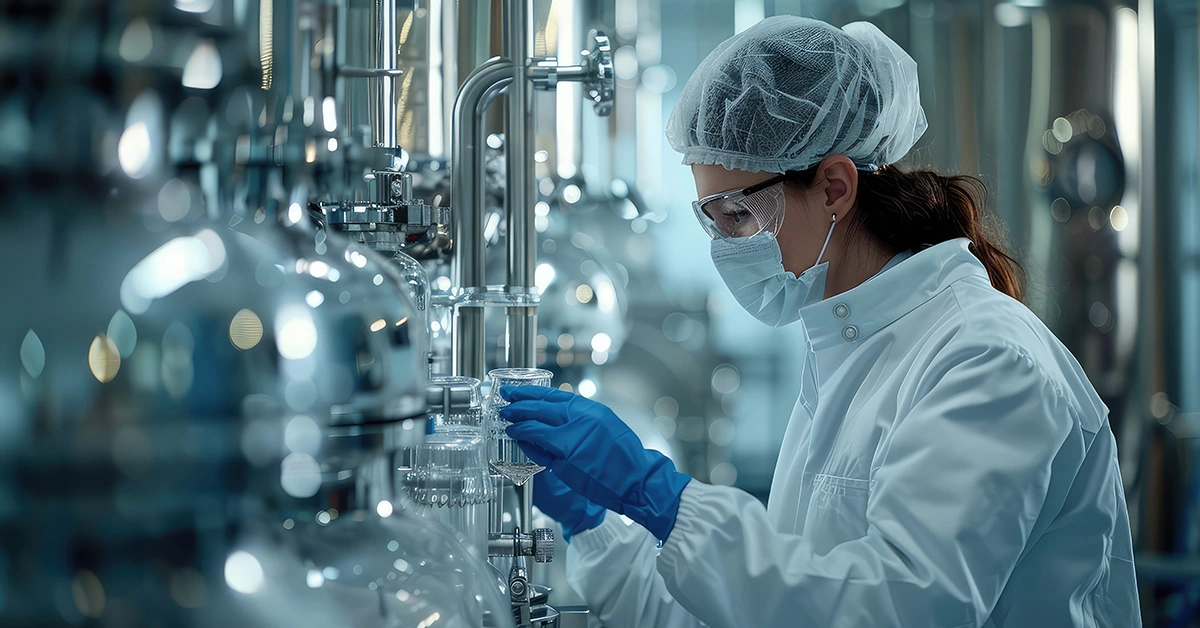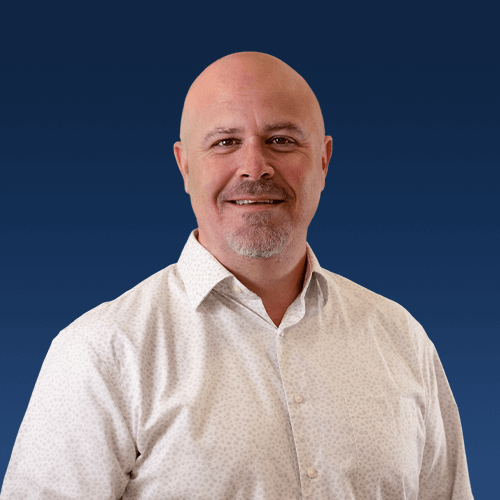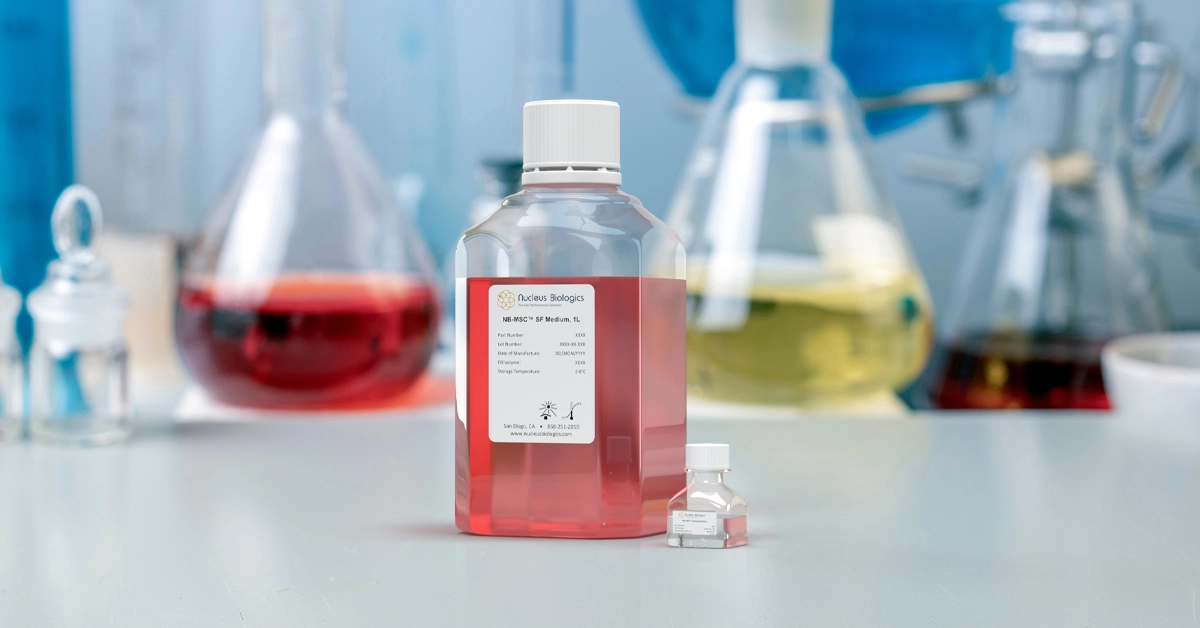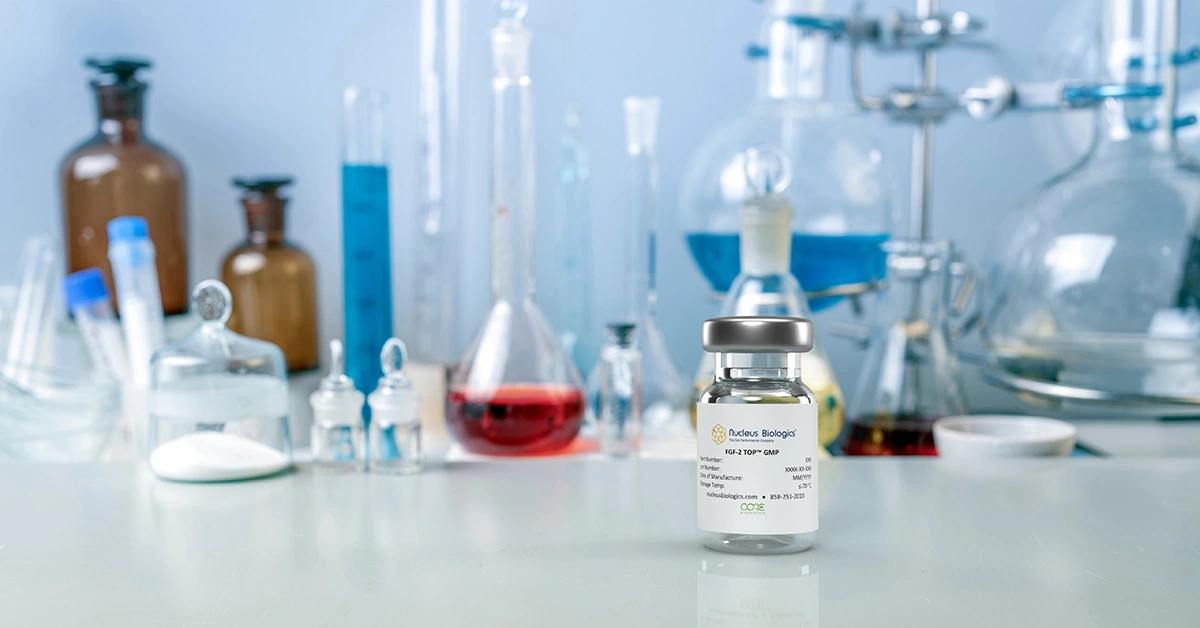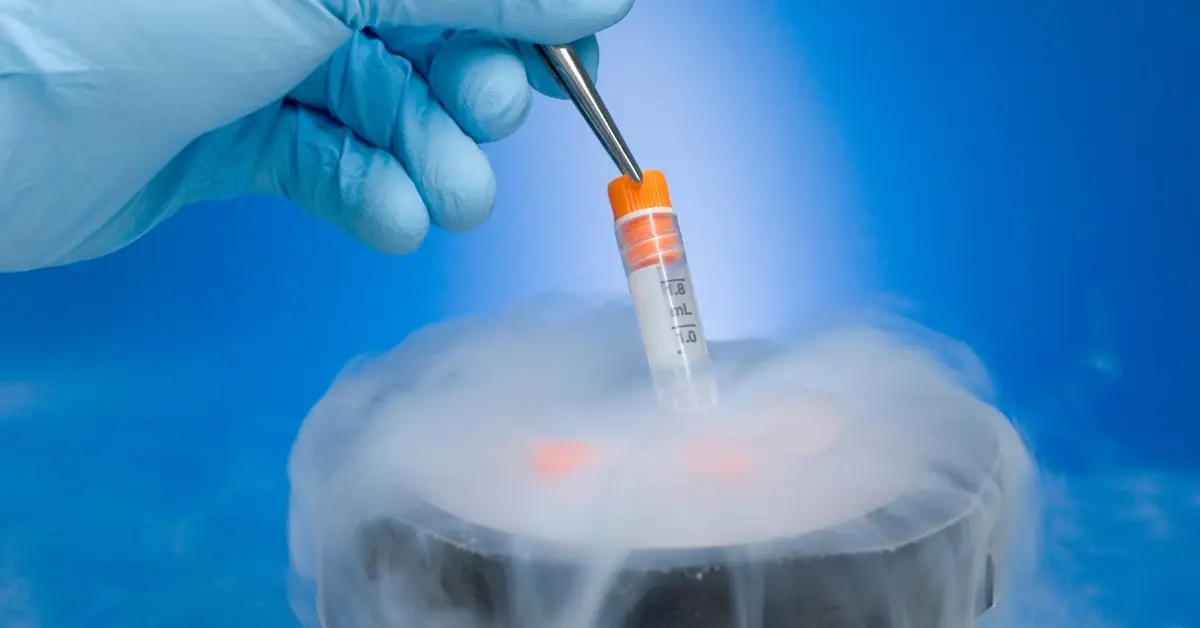Buffer solutions play a pivotal role in both upstream and downstream processes of gene therapies and cell therapies, which are revolutionizing healthcare with new treatments and potential cures for patients[1]. Biological products present unique challenges in bioprocessing due to inherent variability in raw materials. Therefore, ensuring high-quality buffers and media that are precisely designed to support these products and optimize desired critical quality attributes (CQAs) is crucial.
Custom buffers are particularly valuable in bioprocess development as they eliminate guesswork and facilitate smooth transitions between stages. They ensure optimal conditions for cell growth, gene expression, and the overall efficiency of therapeutic production. In upstream processes, buffers maintain pH levels essential for cell viability and productivity. Downstream, they enable efficient purification and stabilization of therapeutic products, preserving their integrity and efficacy.
The strategic design and use of buffer solutions not only enhance the quality and consistency of biological products but also streamline bioprocessing workflows, ultimately advancing the accessibility and reliability of cell and gene therapies in clinical practice.
Custom Buffer Solutions Are Key to Bioprocess Development
Custom buffers play a critical role in bioprocess development across various fields of advanced therapies, exemplified by their importance in both CAR T cell therapy and adeno-associated virus (AAV) manufacturing. In CAR T cell therapy, custom buffers are essential from the initial stages of cell collection and activation through to the final stages of genetic modification and therapeutic infusion. Each step demands precise control over pH levels, osmotic balance, and nutrient availability to maintain cell viability and therapeutic efficacy. Buffers tailored for CAR T therapies ensure optimal conditions for cell growth, transfection efficiency, and the preservation of cellular functions, thereby enhancing the therapeutic potential of these genetically modified immune cells.
Furthermore, enrichment for (or differentiation into) specific cell subtypes require the addition or subtraction of specific growth factors and nutrients. Correspondingly, specific cell types require strict adherence to a narrow pH range for optimal cellular performance. It should come as no surprise that the acidic microenvironment surrounding a solid tumor is one of the primary reasons that it is so difficult to mount a healthy immune response to invasive cancers.[2] Buffer components and concentrations must be adjusted to maintain an appropriate pH range and assure robust buffering capacity in the experimental system. Temperature changes also affect the buffering capacity of the system and must be accounted for during any adjustment.
Similarly, in the manufacturing of AAVs for gene therapy applications, custom buffers are indispensable for ensuring the integrity and effectiveness of viral vectors. AAVs are widely utilized due to their ability to deliver therapeutic genes effectively and safely into target cells. Custom buffers in AAV manufacturing serve multiple crucial roles: supporting high viral titers during cell culture, facilitating efficient purification processes to achieve high purity, and maintaining the stability of viral particles during storage and administration. These buffers are meticulously formulated to stabilize pH levels, optimize cell growth conditions, and minimize the risk of contamination, all of which are essential for scaling production from research settings to commercial manufacture.
The development and application of custom buffers in both CAR T cell therapy and AAV manufacturing underscore their role in overcoming unique challenges associated with advanced therapeutic technologies. For CAR T cell therapies, buffers help mitigate the impact of varying physiological environments and ensure consistent cellular performance across different stages of therapy development. In contrast, in AAV manufacturing, buffers address complexities such as the scale-up of production, stringent regulatory requirements, and the need for maintaining viral vector quality and stability. Custom buffers tailored to these specific applications not only enhance process efficiency but also contribute significantly to the reproducibility and reliability of therapeutic outcomes.
The demand for custom buffer solutions is surely to grow as more and more of these therapies come to market. Future advancements may focus on enhancing buffer stability under extreme conditions, improving scalability for large-scale production, and reducing manufacturing costs to widen patient accessibility. By continually refining and optimizing custom buffer formulations, researchers and manufacturers can further accelerate the development and delivery of transformative therapies, ultimately improving patient outcomes in both CAR T cell therapy and gene therapy using AAVs.
The Role of Custom Buffers in Manufacturing
- Stability and Viability: Custom buffer solutions are meticulously formulated to maintain the stability and viability not only of viral vectors and AAVs but also of therapeutic cells used in cell therapies. These buffers regulate pH, osmotic pressure, and ion concentrations critical for preserving the integrity and functionality of both vectors and cells. For cell therapies, maintaining optimal conditions ensures cell viability, growth, and therapeutic potency throughout manufacturing.
- Consistency and Quality: Consistent quality is equally vital in cell and gene therapy manufacturing. Custom buffers help mitigate the variability inherent in biological materials such as different cell types and culture conditions. They provide a stable environment essential for maintaining consistent cell growth, gene expression, and overall product quality. This consistency ensures reproducible outcomes, meeting regulatory standards and safeguarding patient safety in cell and gene therapy
- Enhanced Process Efficiency: In cell and gene therapy manufacturing, custom buffers optimize bioprocessing workflows by supporting efficient cell culture, expansion, and downstream processing. These buffers are designed to be compatible with cell and virus-specific requirements, enhancing yield, purity, and the overall efficiency of therapeutic production. By streamlining processes, custom buffers contribute to reducing costs and accelerating the translation of cell and gene therapies from research to clinical application.
- Regulatory Compliance and Safety: Just as in gene therapy, regulatory compliance is critical for cell therapy development. Custom buffers play a crucial role in meeting stringent regulatory standards, ensuring robust and reproducible manufacturing processes under Good Manufacturing Practices (GMP). They help maintain the safety, efficacy, and traceability of cell therapy products, supporting their approval and commercialization for patient use.
A robust bioprocess effectively balances supply chain logistics, cost, and speed to market with critical factors such as consistency, quality, and reliable methodologies required for safe and effective product development. However, the complexity of biological products necessitates equally sophisticated bioprocess solutions, which can escalate costs and risks. Custom buffer manufacturing simplifies process development significantly by tailoring buffers to specific roles without compromising performance, eliminating the need for extensive cost-benefit analysis. Outsourcing buffer design proves cost-effective even for smaller operations, saving time, labor, and lab space while integrating standardized procedures and quality controls.
In conclusion, the distinct phases of upstream and downstream processes in cell and gene therapy underscore the complexity and precision required to manufacture therapeutic products. Custom buffers play a vital role throughout these processes by maintaining optimal conditions, ensuring product stability, and enhancing process efficiency. As advancements in biotechnology continue to drive innovation, the development of tailored buffer solutions will remain instrumental in unlocking the full potential of cell and gene therapies, bringing new hope to patients worldwide.
Nucleus Biologics offers transparent, the highest quality, client-owned customized buffer formulations for all stages of the bioprocess pipeline. Clients retain complete control over buffer formulations, enabling rapid in-house iteration and testing as needed. Our platform securely stores each formulation, seamlessly integrating with manufacturing and ordering systems for efficient scale-up. Whether produced in our GMP-compliant facilities or using our Krakatoa™ benchtop media maker for smaller batches, scaling up any formulation is straightforward and reliable.
Continued optimization of biological buffers and associated bioprocess solutions promises to reduce costs and mitigate risks across the cell and gene therapy industry. Nucleus Biologics is committed to providing a comprehensive suite of tools that streamline buffer management across diverse projects and product lines. Visit our website to discover how custom buffer manufacturing can be tailored to meet your unique needs.
References
- FDA Approves First Gene Therapies to Treat Patients with Sickle Cell Disease. U.S. Food and Drug Administration, News Release. 2023. Available at: https://www.fda.gov/news-events/press-announcements/fda-approves-first-gene-therapies-treat-patients-sickle-cell-disease
- Webb B., et al. Dysregulated pH: a perfect storm for cancer progression. Nat Rev Cancer. 2011. 11, 671–677. https://doi.org/10.1038/nrc3110
